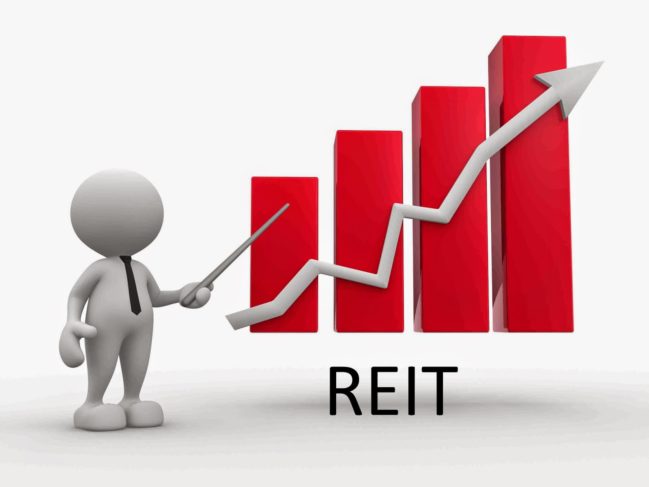Taking Your First Step into REITs Investing
James Yeo
Publish date: Mon, 10 Apr 2017, 06:23 PM
With REITs investing gaining popularity these days, you may be tempted to jump on the bandwagon and generate some dividend income of your own. However, for one who is new to investing, taking a leap into the unknown may not sound like a good idea.

Here is a quick guide to what you may want to look out for when choosing a REIT.
1. Nature of Business
Firstly, REITs can come in the form of specific sectors, such as retail, industrial, hospitality or commercial. As REITs investing is a long-term commitment, you may want to identify the nature of business which will be able to provide consistent, if not better, returns over the next 5-10 years.
2. Profitability
What interests you next will be the dividends it can offer. As it is mandated for a REIT to distribute at least 90% of income as dividends, the higher the profitability, the higher returns you can get. To determine the profitability, a simple guide will be to look out for its rental yield and occupancy rate.
The rental yield gives you a percentage of how much the company is earning, as compared to the value of its property. The higher the rental yield, the higher the income for the company. However, do take note that if the rental yield is too high, it may pose an issue in retaining its tenants.
The occupancy rate, on the other hand, gives you a good indication of the percentage of property being rented out. The higher the percentage, the higher the number of tenants. This will then translate to higher rental income earned.

3. Debt
As REITs deals with real estate which involves a huge initial outlay of capital, it is important to look at the amount of debt it carries under its belt. A good ratio to look at will be the debt-to-asset ratio which gives you the proportion of debt as compared to the asset value. There is definitely cause for concern if the debt the company undertakes is exorbitantly high or close to the asset value.
Another area you may want to look at is the amount of interest payment. With larger amount of debt, there will be higher amount of interest expenses incurred. The interest-coverage ratio will allow you to determine if the company is able to pay off the interest expenses on its outstanding debt. It is calculated by dividing a company’s earnings before interest and taxes (EBIT) by the company’s interest expense for the same period.
4. Fees
Lastly, different REITs will incur different fees and charges. An example will be the asset management fees payable to the REITs managers. Other charges may include repair or maintenance costs for the buildings. These fees may take a bite out of your returns so it is wise to take a look at them before making a decision.
5. Other Factors
Other factors you may want to consider can be its past track record of dividends. Do the REIT consistently deliver its dividends for the previous few years? You may also look into the management team to determine if their ability and expertise is capable of producing strong results. In addition, a strong sponsor behind the REIT, one with huge asset holdings, will also give you a greater ease of mind in providing you with the returns you seek.
The above-mentioned is meant to be a quick guide to help you take your first step into REITs investing. There will be other aspects or financial ratios you may want to look out for when planning your investment, which is not mentioned in this article. Considering that REITs investing is a long-term commitment, it is essential to do your own further research before placing your money.
We’ve released our 3 HOT growth stock picks which could skyrocket >100% by the end of 2017. History has shown that getting in early on a good idea can often pay big bucks – so don’t miss out on this moment.
Simply click here to receive your copy of our brand-new FREE report, “3 stocks poised for explosive growth”.
Do Like us on Facebook too as we share the latest investing articles and stock ideas for you!
More articles on Small_Cap_Asia
Created by James Yeo | Aug 03, 2018


















